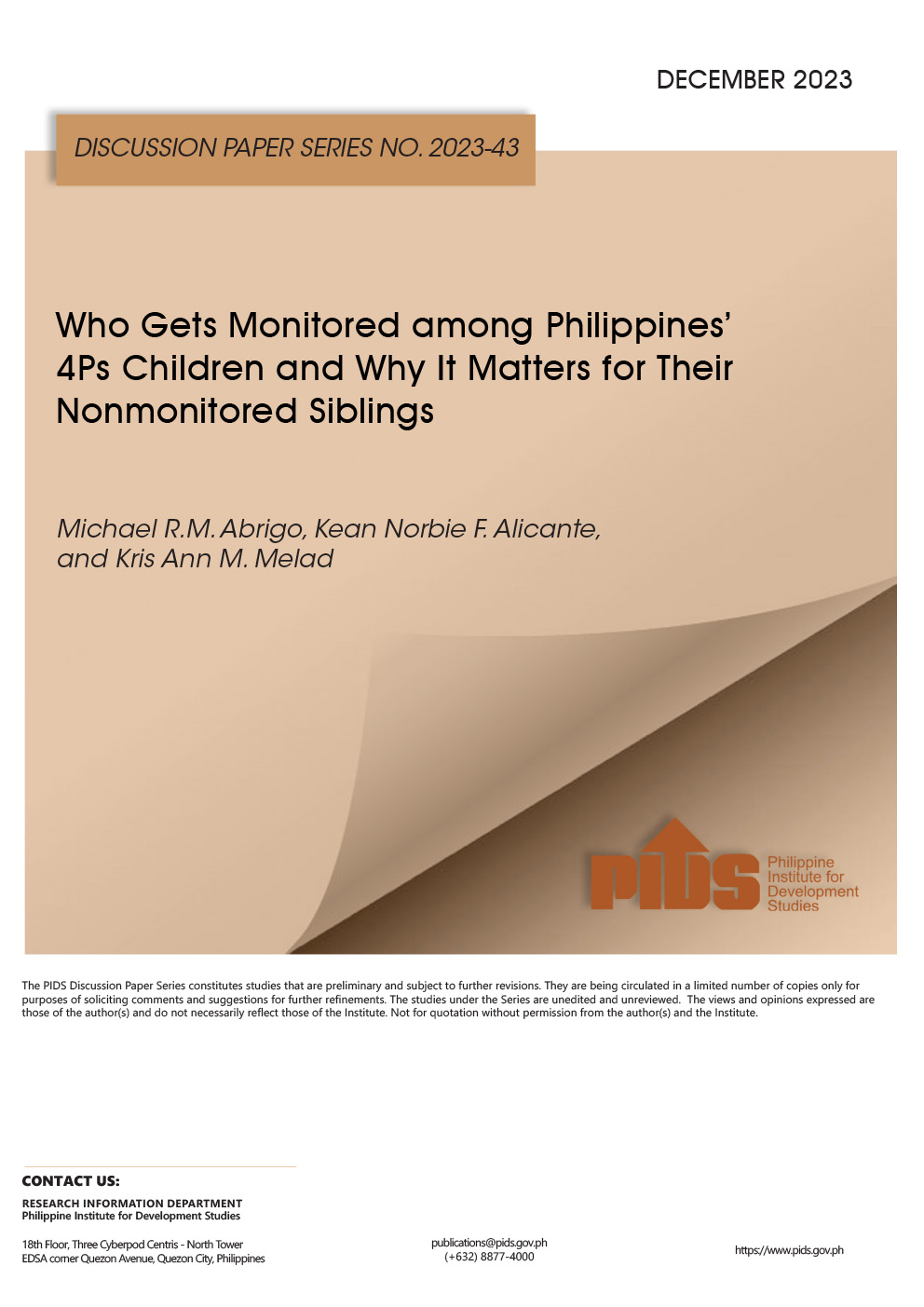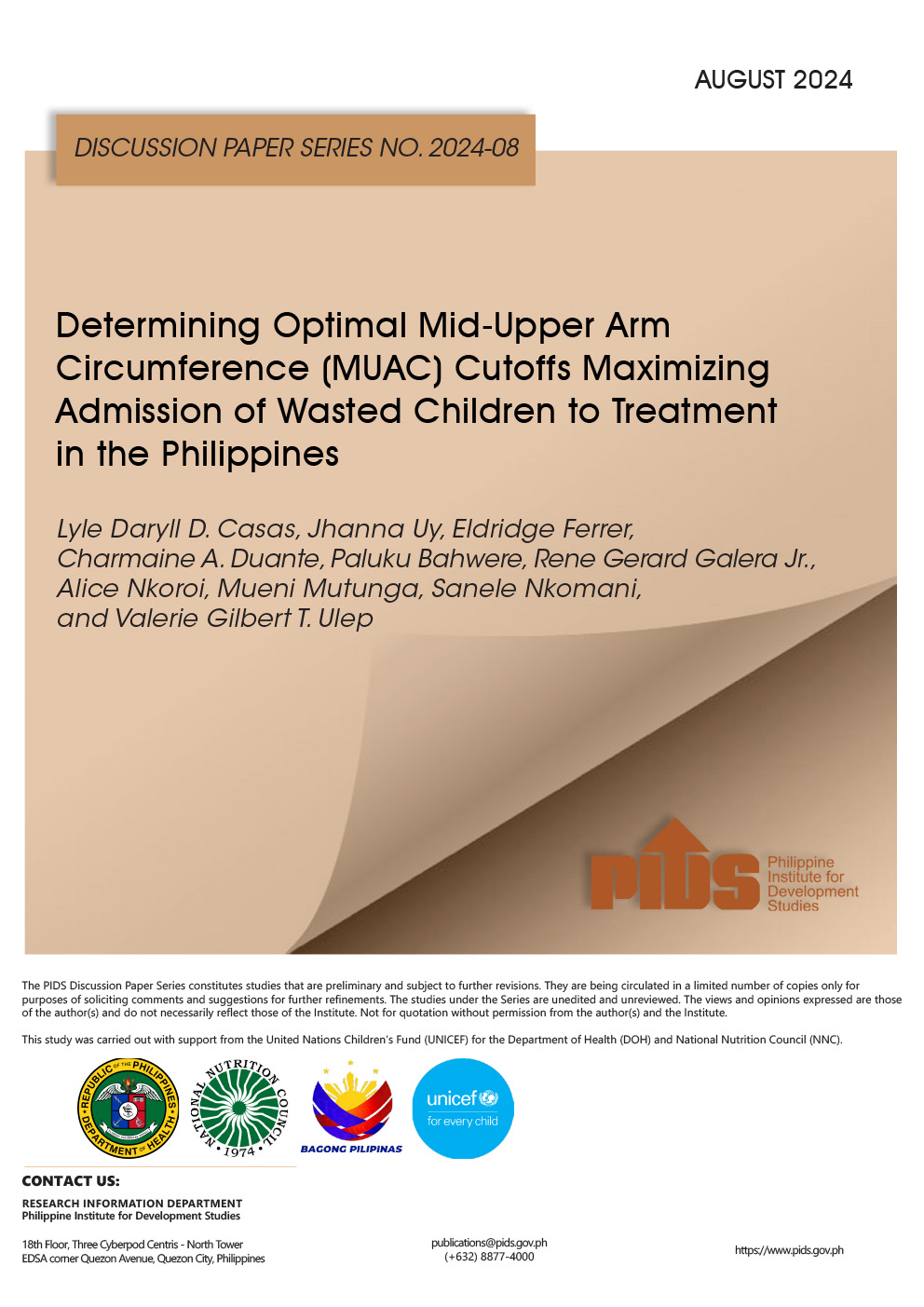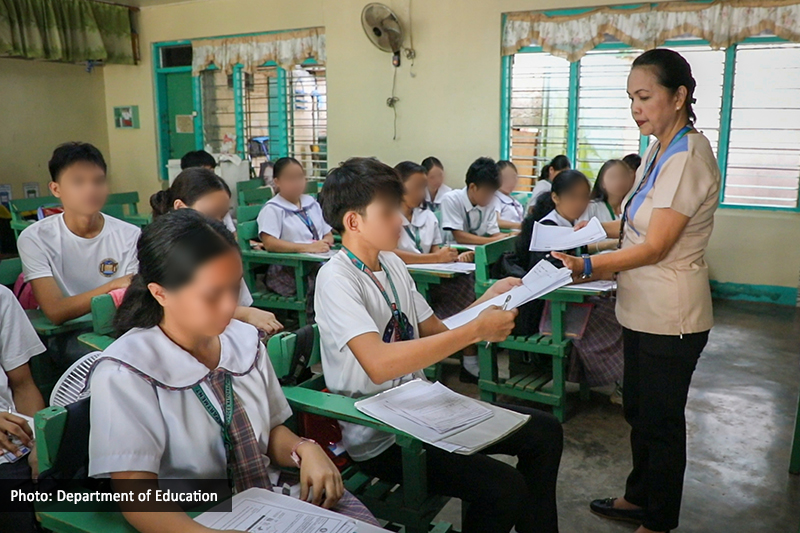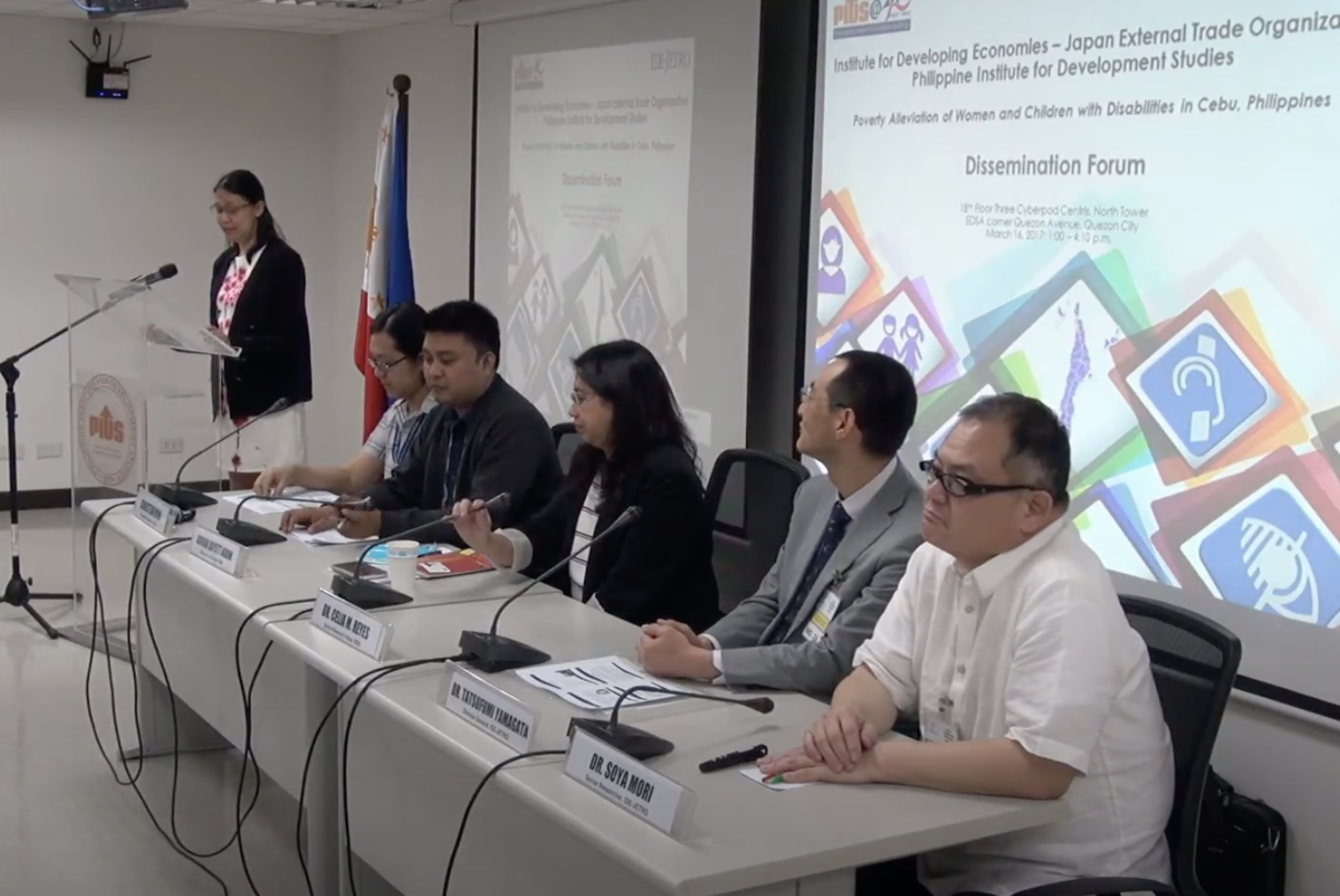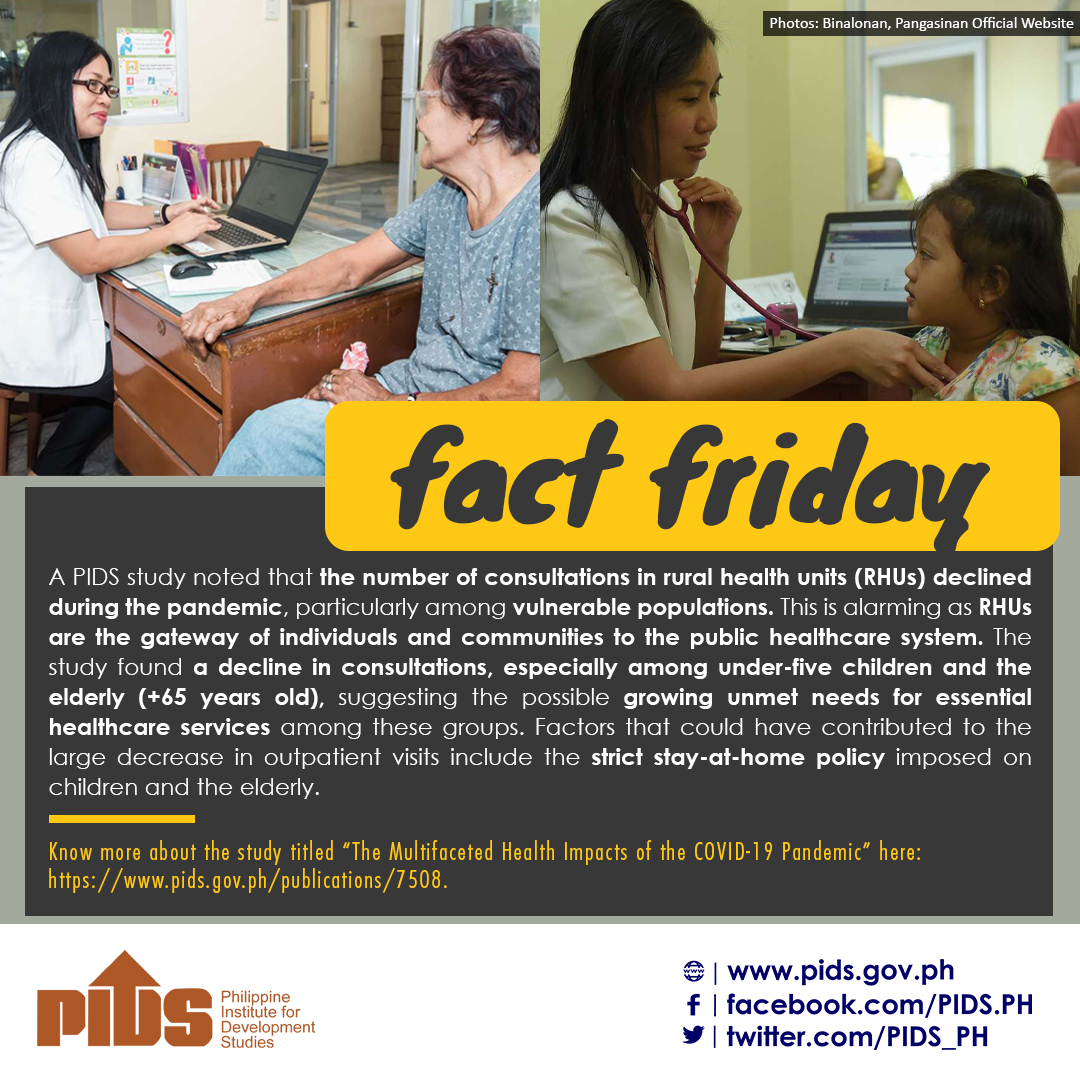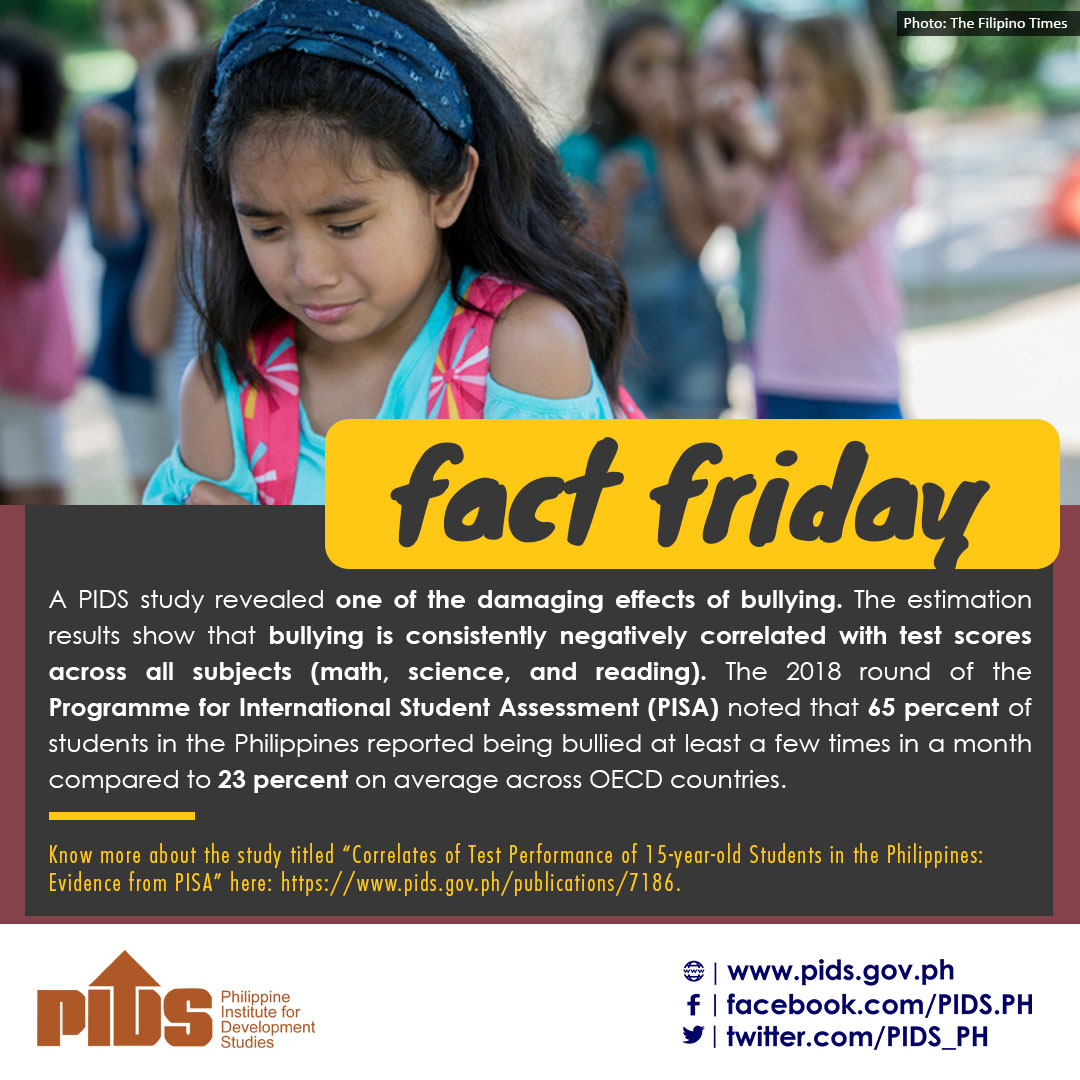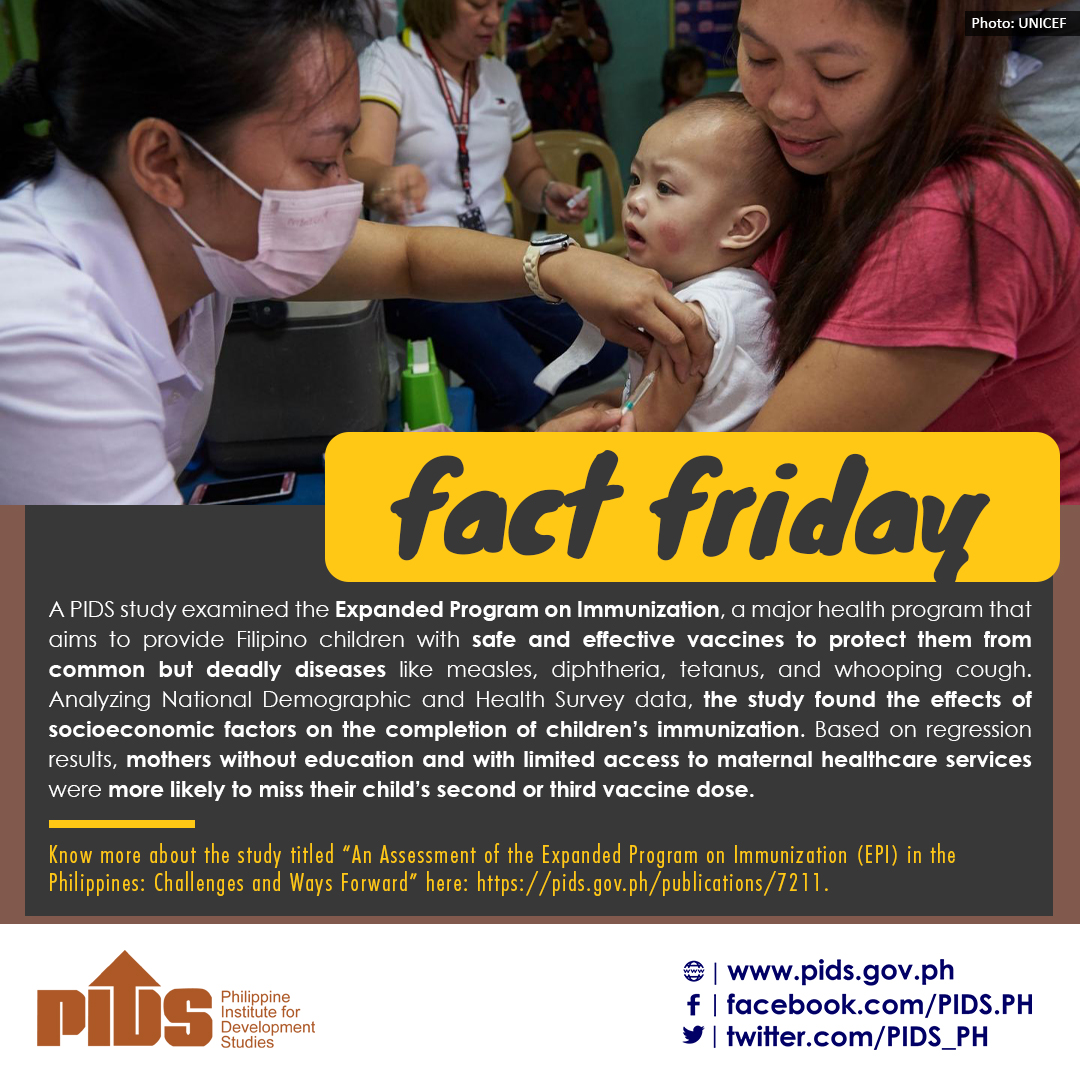Philippine Institute of Development Studies, through a UNICEF-supported study, reported at a recent forum that the number of out-of-school children in the country has dropped to 1.2 million from 2.9 million in 2008.
In a presentation to Education Secretary Armin Luistro and Department of Education (DepEd) officials, teachers, NGOs and education advocates, PIDS senior research fellow Jose Ramon Albert and UP-Diliman Prof. Clarissa David cited DepEd’s works in the passage of the Kindergarten Law (2011), implementation of the K to 12 program and the 4Ps (Pantawid Pamilyang Pilipino Program) project as the major contributors to the progress.
DepEd welcomed recommendations from the study to step up cooperation cooperation among the department, LGUs, schools and parents to track and monitor children’s school attendance and the various reasons for student dropout.
"We have seen significant progress in the education sector since the Global Initiative started in the Philippines in 2010. I congratulate the DepEd for its efforts and progress made so far. We have high hopes on reaching all children, especially those in marginalized, disadvantaged and vulnerable settings, to have an improved quality of learning, and that the education system will retain those children who are already in the system,” said UNICEF Philippines Representative Lotta Sylwander at the presentation of the report.
Backed by UNICEF and the UNESCO Global Initiative on Out-of-School Children, the report also calls on the DepEd and all partners to continue intensifying the campaign for Early Childhood Education and on-time school entry in Kindergarten, in collaboration with the DSWD through help from LGUs and NGOs, as well as engaging parents through parent education.
"While there is definitely positive development, we have a long way to go to achieve universal primary education in the Philippines. We need to continue paying attention to what goes on in the classroom, quality of learning and focus on the processes and changes that occur through the K to 12 implementation. Identifying out-of-school children requires local and school level efforts, and schools need to be empowered to seek out those children with adequate resources,” Sylwander said.//

